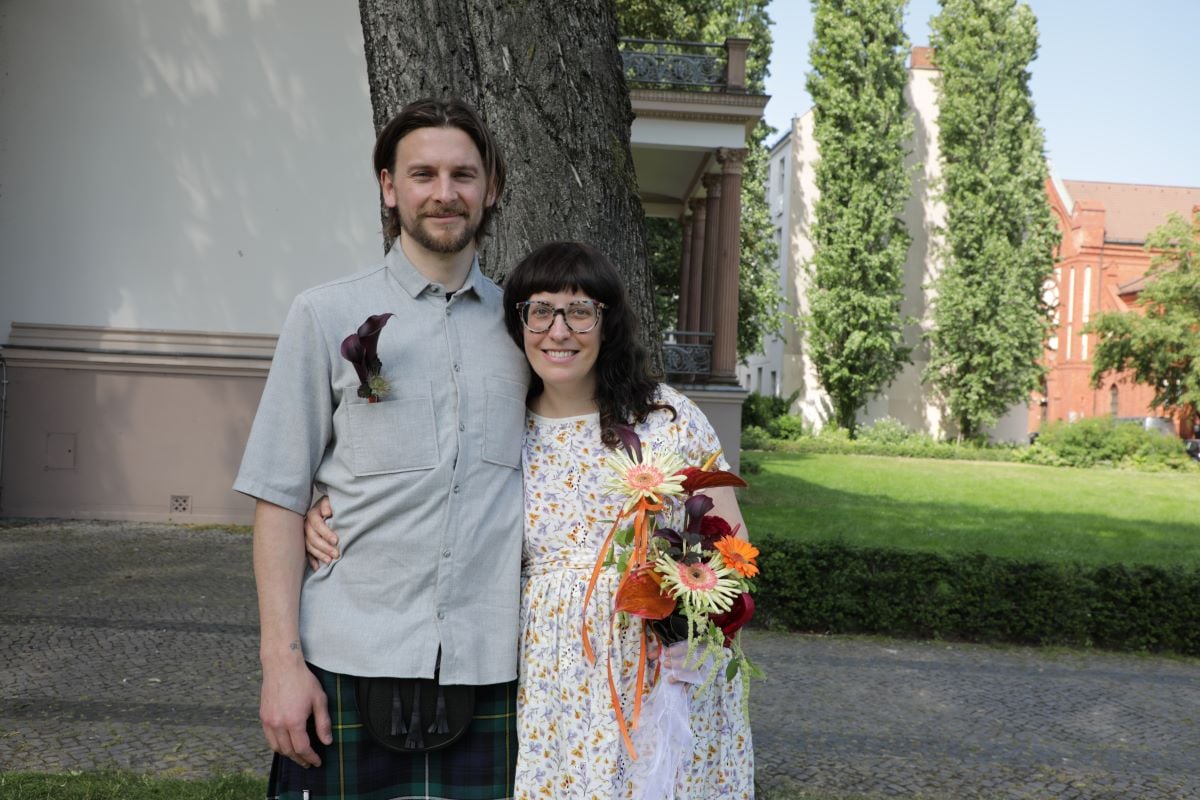What is a blocked account (BA)?
A blocked account is separate from a normal bank account in that it sets aside a specific amount of money for the number of months someone intends to live in Germany. It’s paid out monthly to the holder based on the 2018 calculation of €720 x the number of months they are they plan to call Germany home.
The BA is a way of demonstrating to German immigration authorities that you have enough money to sustain yourself during the time you’re studying or looking for work.
“All the money which authorities ask for is paid back to you. It's securing your financial independence,” Tim Meyer, Managing Director of X-patrio Global Services, told The Local.
Who applies for a blocked account?
In general, anyone from a non-EU country who won't have income in Germany can apply for a blocked account. It’s required by students who have already been accepted to study in Germany, as well as job seekers, au pairs and international apprentices.
You don’t need a block account if you’re coming to Germany on a fully-funded scholarship from a reputable organization such as DAAD or Fulbright.
For some countries such as the U.S., Australia, New Zealand and South Korea, it’s possible to come to Germany on a three-month holiday visa, and apply for a blocked account when you’re already in Germany.
U.K. Citizens: Will Brexit have an impact?
It's unclear how it will affect people from the UK: as the UK soon won't be EU anymore, it’s possible that UK citizens will need a BA.
However, some countries such as Canada have a special status already: residents don’t need a blocked account despite the country obviously not belonging to the EU. Therefore, especially in the case of a soft Brexit, it might be possible that EU citizens are also exempt.
How do you transfer money into a blocked account?
It’s possible to cheaply transfer money into a blocked account through services such as Transferwise, which allows you to send money from one country and currency to a different country and currency for a rate of only 0.5 percent. Transfers usually take up to five days to be completed, and sometimes a tad bit longer depending on your local bank.
Yet if you don’t have the money on hand you can receive a so-called Verpflichtungserklärung (a declaration of commitment). This only applies in some circumstances. Typically au pair “parents” in Germany provide it for their au pairs, or sometimes the person has a family member who can also write this letter.
“In whatever the case, this declaration needs to be provided by a German citizen. As it brings high potential risks for the provider, it is barely used,” said Meyer, pointing out that the German authorities almost always prefer a blocked account.
How much do you put in a blocked account?
Whether traveling to Germany as an exchange student or an au pair, you’ll have need to deposit standard amount in a blocked account: €8640 per year as of 2018 or a total of €720 which is paid out to you every month.
If you’re leaving Germany earlier than planned, you’ll need an official letter from the immigration authorities to line up a “closing order” from the bank.
Where do I open a blocked account?
There are many banks which offer the possibility of a blocked account, though not all of them offer the possibility to simply open an account online. Seeking services that do allow opening accounts online is not only more convenient, but often the only way to go forward for students or job seekers from countries who need a visa to enter Germany in the first place.
Through government-certified services and banks such as X-patrio, Finitiba and Deutsche Bank, it’s easy to fill out an online form, receive confirmation by email and then transfer money.
From there, you will have a newly created account which you can bring with you to the German embassy after making an appointment to apply for a visa.
However, if you’re already in Germany, you can apply through the following accredited banks which offer blocked accounts: Hypoverienbank, Commerzbank and Postbank. Most cities will also offer a so-called Sparkasse, with different names based on the localation (ie. Sparkasse Berlin, Sparkasse Munich).




 Please whitelist us to continue reading.
Please whitelist us to continue reading.
Member comments